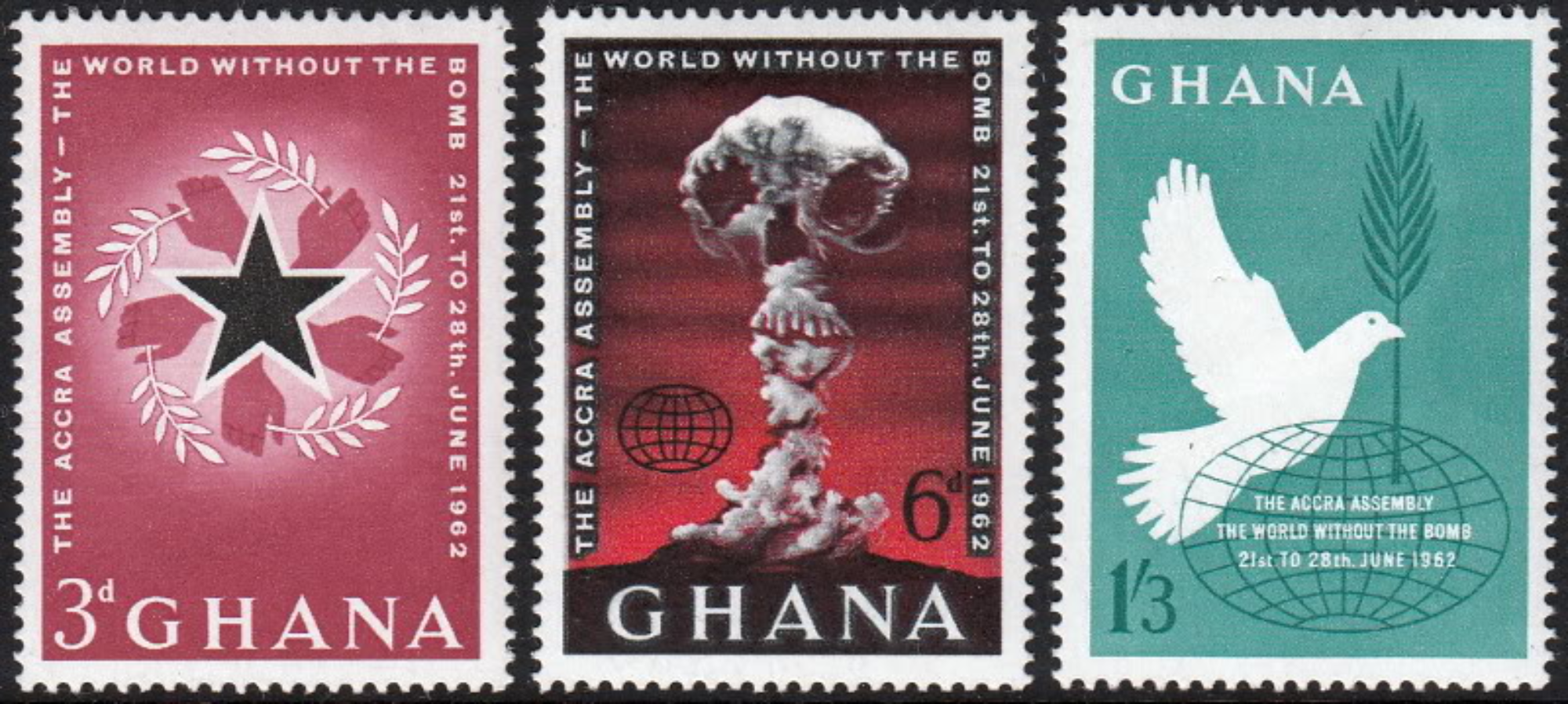The virtual seminar will be held from 12:30 to 2:00 p.m. (E.T.)
There are today five Nuclear-Weapon-Free Zones (NWFZs) —transnational areas which prohibit nuclear weapons — with a combined membership of 112 states, covering much of the Southern Hemisphere and in Central Asia. Focusing on the African NWFZ, this talk explores why nuclear weapon-free zones emerge in some contexts and not others, using the concept of ‘obedient rebellion.’ To newly-decolonizing African states, the African NWFZ symbolized both postcolonial anti-nuclear solidarity and nuclear responsibility; it represented both obedience to and rebellion against global nuclear order. The spread and persistence of NWFZs suggests the tensions between sovereign equality and nuclear inequality; between local solidarities and global loyalties; and between contestation and compromise continue to bind the world's NWFZs and the larger nuclear order.
About the speaker: Sizwe Mpofu-Walsh is a Lecturer in the Department of International Relations at Wits University, Johannesburg. He holds a DPhil in International Relations from the University of Oxford. His academic research focuses on nuclear weapon-free zones in the Global South. He also writes on contemporary South African politics.
